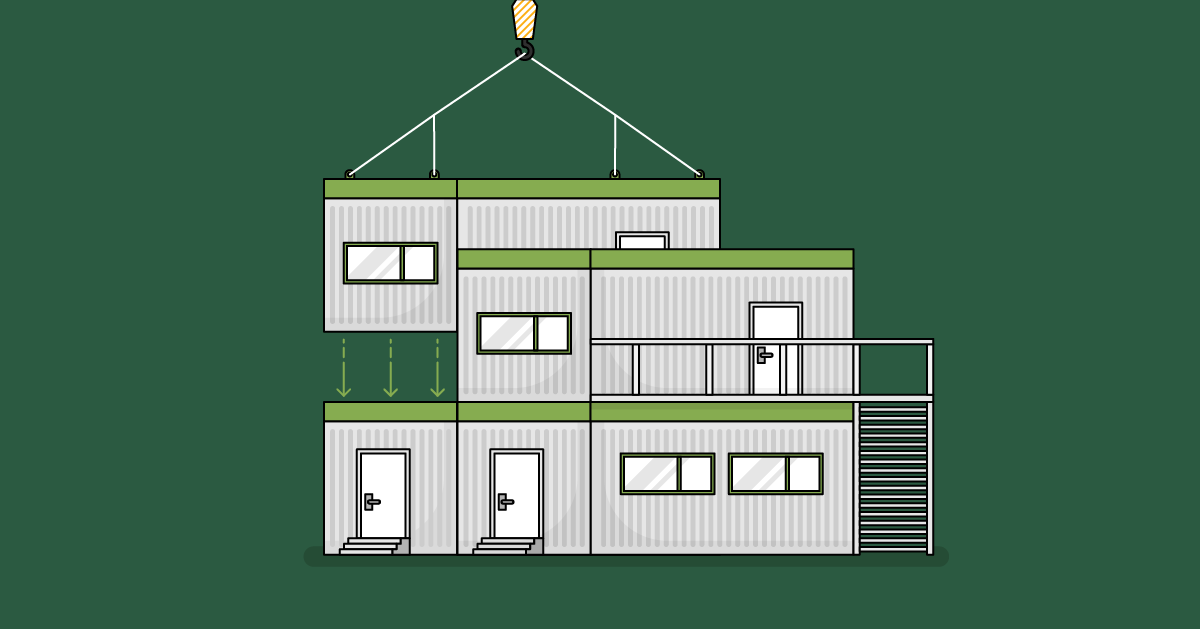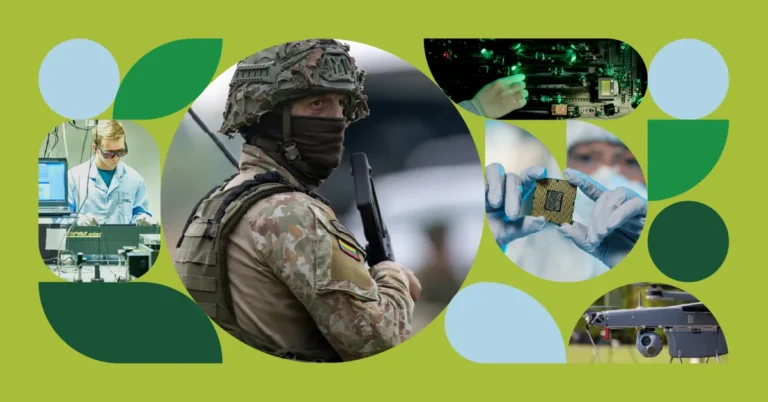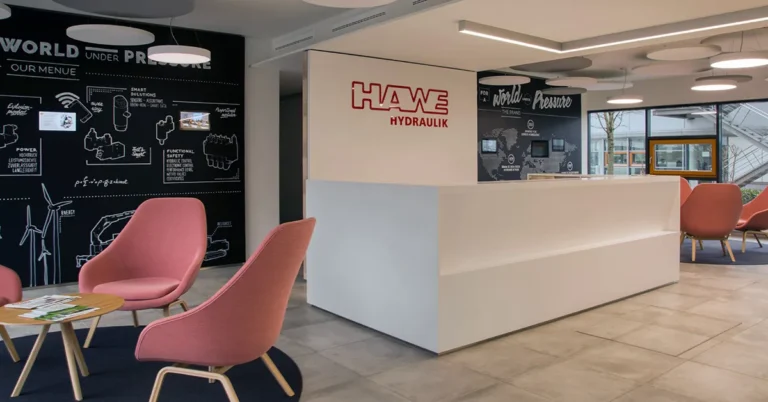Following a decade of successful operations in Lithuania’s Klaipėda region via its subsidiary Baltic Modules, ABC Pavilloner – a Danish manufacturer of modular buildings – has announced the opening of a new factory.
Corresponding to growing demand for prefabricated buildings in the Nordic and Baltic countries, this development will help the local branch to double its production volumes in 2018. Currently employing 20 people in Lithuania, Baltic Modules, a subsidiary company of ABC Pavilloner in Lithuania, now plans to at least double its team.
“In recent years, we have noticed growing demand for modular buildings in the Baltic Sea region,” states Baltic Modules director Leif Mikkelsen. “Currently, we produce about 10 000 sq. m. of modular buildings per year. In 2018, we will double production volumes, as the new premises provide us with the capacity to manufacture up to 100 sq. m. of modular buildings per day.”
Typically, most of the company’s orders originate in Denmark, but as Leif Mikkelsen points out, the scope of operations is expanding.
“After about three to four months of strategizing, we have finally entered the Swedish market,” the director explains. “We have already received an order to expand a holiday complex with 25 cabins that will be shipped to Sweden in three batches. The close vicinity of Klaipėda port means that we can minimize the delivery times for our Nordic customers.”
Modular buildings are sectional prefabricated structures consisting of multiple sections. These sections are constructed at an off-site facility and later transported to the intended site of use. The modules can then be stacked or connected either side-by-side or end-to-end, which provides for a wide range of possible styles and configurations in the building layout.
ABC Pavilloner ships ready-to-use buildings with all the necessities including kitchen and bathroom equipment, as well as electricity, ventilation and plumbing units. Modular buildings that the company assembles are popular among a wide range of clients including kindergartens, schools and municipalities.
Prefabricated solutions are a fairly common sight in the Nordic countries, and their popularity is increasing in the Baltic states as well.
“We see the shortage of kindergartens, offices, new and innovative living places for students in Lithuania, Latvia and Estonia as an opportunity and all these buildings can be both permanent and stationary as well” a sales representative of the company points out.
To keep up with the rising demand, Baltic Modules will employ several dozen carpenters, plumbers and painters in the Klaipėda region.
“In the Klaipėda region, we have found an abundance of skilled employees who are willing to grow together with the company,” Toma Sketrytė, personnel manager at Baltic Modules, believes. “We value our ties with local vocational training institutions and we have already employed several graduates from the Klaipėda School of Builders.”
“We are happy to work and expand here in Lithuania. During the last 12 years Lithuania changed a lot, everything to a better side. We are glad to be able to form a strong team, Lithuania can offer a wide range of educated staff, it is important for us to achieve our goals,” Baltic Modules director Leif Mikkelsen believes.
For Mantas Katinas, managing director of the foreign direct investment and business development agency Invest Lithuania, the more than a decade-long success of ABC Pavilloner and its current expansion plans signify that the country is keeping up with the changing needs of both old and new investors.
“In the last couple of years, we have seen a surge of new manufacturers from a wide range of industries including automotive, furniture and plastics, and the ecosystem is developing with them,” Mantas Katinas, says.
“Companies like ABC Pavilloner, which has been present in the country since 2006, serve as examples of longstanding ties between the areas of business and education.”
ABC Pavilloner was founded in Denmark in 1999. It currently employs more than 100 people in Denmark and Lithuania, where it established operations in 2006. The company is no stranger to innovation. In 2017, it introduced a mobile app to its users that facilitates the experience of purchasing, renting and ordering other services.













